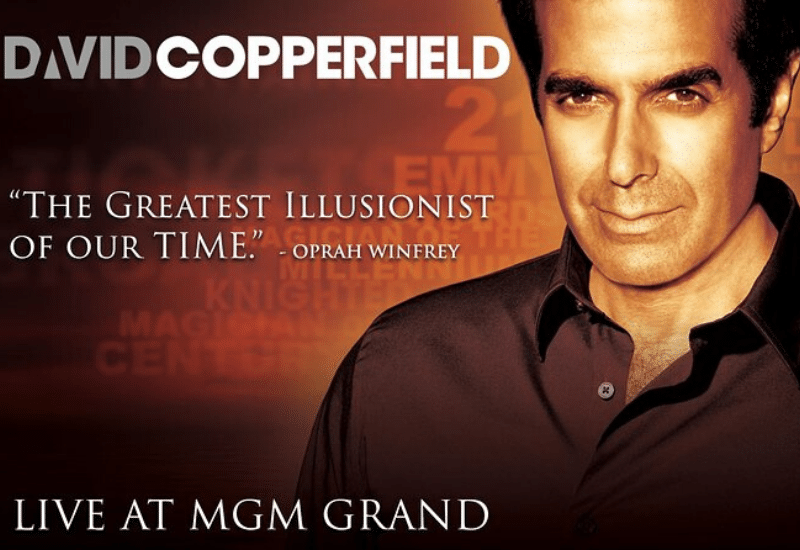09/10/2025: David Copperfield's Staff Cleared for Union Vote
Cooperfield's lawyers made some short but bizarre constitutional arguments.
Backstage Employment & Referral, Inc., 28-RC-349723 (Regional Election Decision)
This decision addresses a representation petition filed by the International Alliance of Theatrical Stage Employees (IATSE) Local 720 seeking to represent employees working for Backstage Employment & Referral, Inc., which provides staff for magician David Copperfield's shows and related activities.
The petitioned-for unit included warehouse workers (referred to as "museum archivists"), personal assistants, and stagehands (referred to as "magi"). The employer argued that warehouse workers and personal assistants should be excluded from the unit because they don't share a sufficient community of interest with stagehands, and that two personal assistants were supervisors under Section 2(11) of the Act.
The Regional Director found that the petitioned-for unit was appropriate despite not being a presumptively appropriate "wall-to-wall" unit as the union claimed. The decision concluded that:
The petitioned-for employees were "readily identifiable" as the group responsible for ensuring Copperfield can perform his magic at theater shows and museum tours.
The employees shared a sufficient community of interest based on:
Common supervision (all ultimately reporting to Copperfield or the company president)
Significant contact and interchangeability between classifications
Functional integration (all supporting Copperfield's performances)
Similar terms and conditions of employment (hourly pay, same benefits)
The two personal assistants whom the employer claimed were supervisors did not qualify as supervisors under Section 2(11) because:
They lacked independent judgment in scheduling (schedules were created collectively)
Their participation in hiring was collective with other personal assistants
They had no authority to discipline, fire, reward, or evaluate employees
The warehouse manager was not proven to be a supervisor based on the limited record evidence, though the Regional Director ordered his ballot challenged in the election.
The Regional Director rejected the employer's constitutional arguments regarding Board election procedures and directed an election for the petitioned-for unit.
Significant Cases Cited
American Steel Construction, Inc., 372 NLRB No. 23 (2022): Established the standard for determining appropriate bargaining units, focusing on whether employees are readily identifiable and share a community of interest.
Boeing Co., 337 NLRB 152 (2001): Held that if the petitioned-for unit is appropriate, the inquiry into unit determination ends.
Oakwood Healthcare, Inc., 348 NLRB 686 (2006): Defined supervisory status as requiring independent judgment when exercising statutory supervisory authority.
Golden Crest Healthcare Center, 348 NLRB 727 (2006): Established that conclusory statements without detailed evidence are insufficient to prove supervisory status.
Casino Aztar, 349 NLRB 603 (2007): Analyzed factors for determining community of interest, including interchange, contact, and functional integration.

